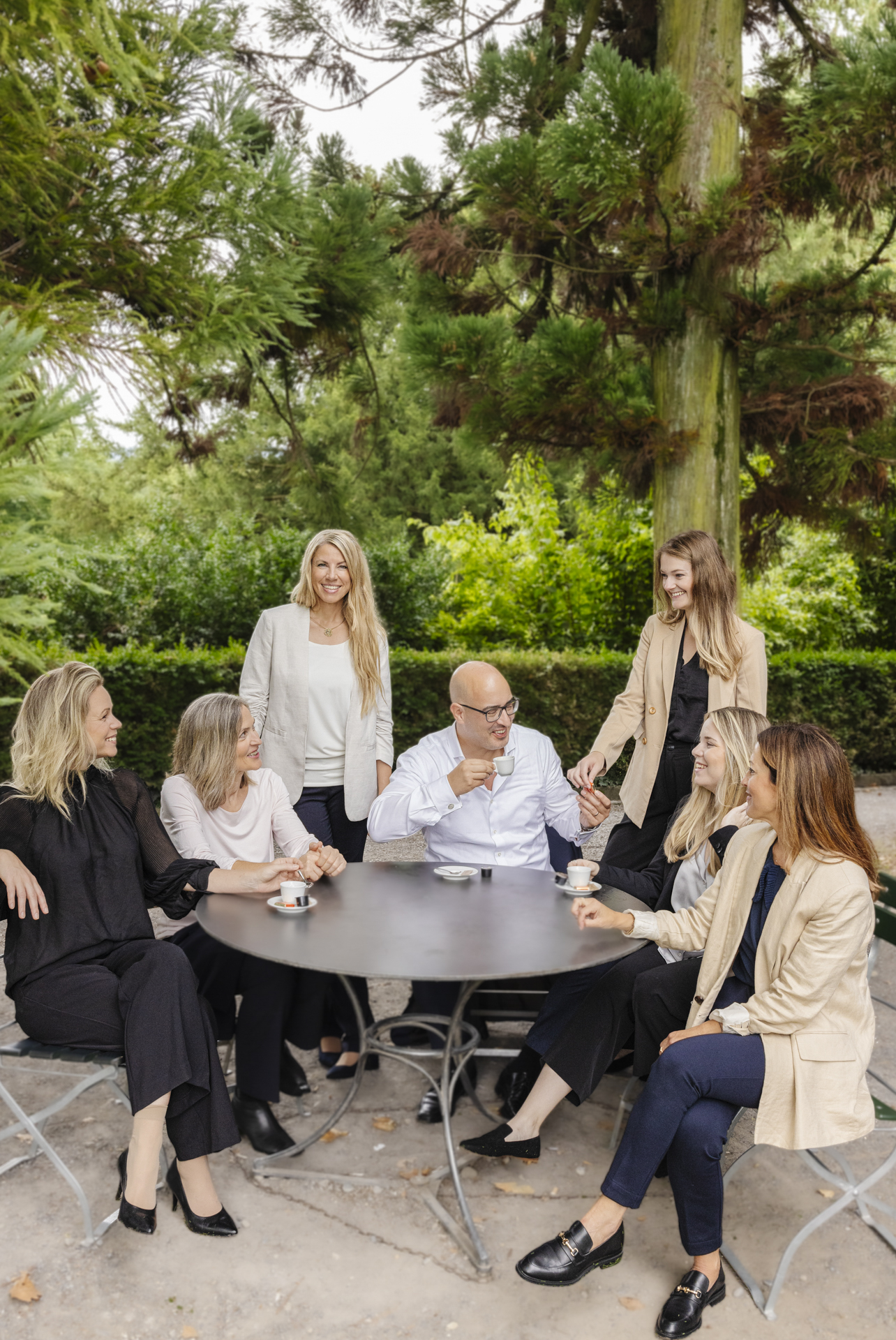It’s a widely acknowledged fact: Positive social interactions in the workplace play a pivotal role in the well-being of employees and the success of a company. A cooperative, open, and “human” team atmosphere contributes to people’s willingness to go the extra mile, enhances networking, and boosts productivity. This conducive work environment also fortifies innovation and a company’s competitive edge.

Numerous studies have delved into this subject, and here are some inspiring examples:
Harvard Business Review: “High-Quality Connections”
This study examined the effects of high-quality social connections in the workplace. Research indicates that positive interpersonal relationships elevate employee productivity, well-being, and collaboration.
[Source: Harvard Business Review]
Gallup Workplace Study: “Engagement Index”
The Gallup workplace engagement study reveals that employees with strong social bonds to their colleagues and supervisors are more likely to identify with their work, be more productive, and have lower turnover rates.
[Source: Gallup]
MIT Human Dynamics Laboratory: “The New Science of Building Great Teams”
The MIT Human Dynamics Laboratory’s study explored the dynamics of successful teams. The findings underscored that teams fostering positive social interactions and effective communication are more productive and creative.
[Source: Harvard Business Review]
Journal of Occupational and Organizational Psychology: “A meta-analysis of positive humor in the workplace”
This meta-analysis investigated the impact of positive humor and social interaction on job performance. Results demonstrate that a humorous and positive workplace interaction can enhance work morale and productivity.
[Source: Journal of Occupational and Organizational Psychology]
Journal of Applied Psychology: “Social Interaction in the Workplace: A Meta-Analytic Review of the Consequences for Task Performance”
This meta-analysis examined the relationship between social interaction and task performance in the workplace. The study revealed that positive social interactions positively influence individual and group task performance.
[Source: Journal of Applied Psychology]


So, how can you facilitate positive social interactions and cultivate a conducive team culture most effectively?
1. Foster Open Communication:
Transparent and open communication is the cornerstone of a positive team culture. Leaders who ensure the free flow of information and value the opinions of all team members play a crucial role. Regular team meetings and transparent feedback sessions can establish a culture of openness and collaboration. Openness requires takes courage and sometimes resilience, but it truly pays off!
2. Set Common Goals – beyond purely financial targets:
Defining clear and common goals is a vital factor in uniting the team and boosting motivation. When all team members work toward a shared goal, it creates a strong sense of connection and unity. This aspect is often underestimated. Typically, it’s the business goals that go beyond purely financial aspects that truly inspire and fulfill people. And, in turn, contribute to the monetary results. It is a powerful catalyst when this is exemplified from the top.
3. Team Building Activities:
Building trust in the workplace requires time and space. Regular team-building activities, both inside and outside the workplace, strengthen trust and team spirit. Events like team-building workshops, sports activities, or social gatherings provide opportunities for better understanding and discovering common interests – and shared experiences foster bonds. It doesn’t take much – having these activities 2-3 times a year can make a significant difference.
4. Value Diversity and Inclusion:
Diverse perspectives and experiences enrich team dynamics and lead to innovative solutions. When a team truly embraces diversity, it pays off – both on a personal level and for business success.
5. Celebrate Milestones and Team Achievements:
Celebrating team successes together significantly strengthens the sense of belonging to the team. Yet, this often falls prey to a tight project schedule. It doesn’t always have to be grand celebrations, but recognizing collective accomplishments and acknowledging individual contributions are incredibly essential for sustained high work morale – even in an intrinsically motivated team!
Our motto: Let’s better create small events than waiting too long for a big one:
20-minute coffee celebrations or “Culture Walks” are massive contributors to the team spirit and truly refresh, let’s go! Do you join?
6. Conflict Resolution and Constructive Criticism:
Conflicts can arise in any team, potentially straining the team atmosphere. It’s essential to address conflicts promptly and resolve them constructively. Leaders should promote open receptiveness to criticism and ensure that constructive feedback is seen as an opportunity for improvement. Interestingly, many successful professional friendships have blossomed from well-resolved conflicts.

In Conclusion: It’s Invaluable!
Positive social interactions in the workplace are the key to a sustainably successful work environment, and they also play a crucial role in reducing staff turnover. However, when there’s a need to fill a new vacancy, the company’s culture often becomes the decisive factor in convincing top candidates.
What a joy and satisfaction also for us when bringing together great people. 😊
In this spirit:
Let’s embrace our next interaction – and we truly love to meet you face-to-face, even in this digital age!
